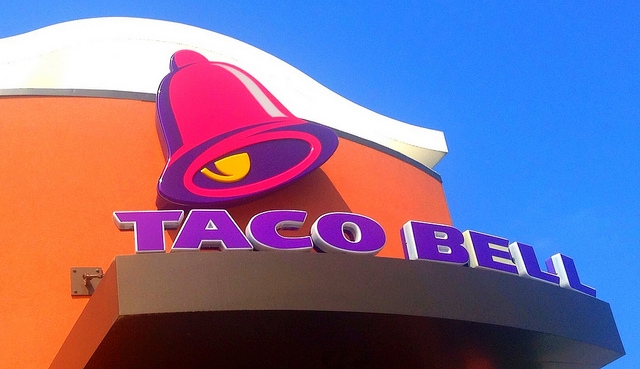On-premises meal break policy did not constitute employer control during breaks
Contributors

Christian Scali

Jennifer Woo Burns
Common sense prevailed in a recent Ninth Circuit Court of Appeals decision interpreting California law on employer obligations to provide meal periods. In Rodriguez v. Taco Bell the district court dismissed potential class-wide claims by Taco Bell employees who claimed that Taco Bell’s discounted meal policy for employees violated the applicable California Wage Order. The policy provided that employees could receive food from the restaurant at a discount, but had to eat such food on the premises. Taco Bell’s stated reason for this requirement was to prevent employees from providing discounted food to friends and other non-employees. If the employee did not purchase discounted food, he or she was not required to stay on the premises during the meal period, and purchasing discounted food was entirely voluntary. The employees who brought this action against Taco Bell argued that by requiring employees to remain on-premises to consume discounted meals allowed employers to maintain control over the employees during meal breaks.

"Taco Bell" by Mike Mozart, licensed under CC BY 2.0
The Ninth Circuit noted that under Taco Bell’s policy, the restaurant relieved employees of all duties and relinquished control over their activities, the purchase of the discounted meals was entirely voluntary, and there was no evidence to show that Taco Bell pressured its employees to purchase the discounted meals. Rather, the employees were free to leave the premises or spend their meal breaks in any way they chose that did not interfere with Taco Bell conducting its business. The employees could choose to purchase meals at full price and eat them on or off-premises, and Taco Bell had an otherwise compliant meal period policy that required employees to take rest and meal breaks away from the food production or cash register areas.
With guidance from the California Supreme Court’s prevailing authority on this subject, Brinker Restaurant Corp. v. Superior Court, the Ninth Circuit concluded that Taco Bell’s policy did not violate its obligation to provide meal breaks since it met the Brinker standard to relieve employees of all duties, relinquish control over employee activities and permit them a reasonable opportunity to take uninterrupted 30-minute breaks, without impeding or discouraging them from doing so.
This decision reaffirms the key concepts set forth in Brinker regarding meal periods—i.e., that employers must allow employees to spend their legally mandated breaks in the manner that they choose, whether (in this case) that is eating a discounted meal on-premises, eating non-discounted food off-premises, or any other variety of options. In any event, this case is a good reminder for Employers to review their policies to ensure that employees are not restricted from choosing how to spend their unpaid meal breaks and to train managers and supervisors about the consequences of pressuring or discouraging employees from taking uncontrolled meal break time. Employers who do want to place any conditions or restrictions on how or where employees spend meal breaks should immediately consult with knowledgeable employment counsel regarding compliance issues such practices.
